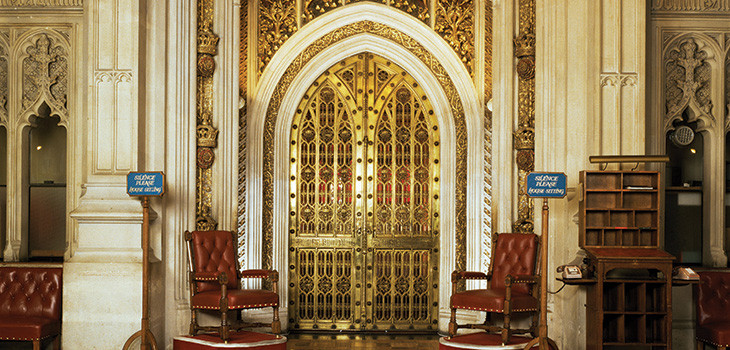
- The government’s House of Lords (Hereditary Peers) Bill received its second reading in the House of Lords in December last year.
- It is of no surprise that many hereditary peers spoke against the Bill. It was criticised as a partisan measure, and framed as a breach of the undertaking given to the House by the Blair government in 1999.
- Other issues raised included the continued presence of the Lords Spiritual, and non-participation by life peers.
As previously reported, the government’s House of Lords (Hereditary Peers) Bill has passed all of its stages in the House of Commons without amendment (see ‘Calling time on hereditary peers? Pt 1’, 174 NLJ 8089, pp9-10; ‘Pt 2’, 174 NLJ 8093, pp11-12 and ‘Pt 3’, NLJ, 10 January 2025, pp13-14). On 11 December 2024, the House of Lords gave the Bill a second reading









